Future Narrative #4 - Work-Cation
This week we're highlighting a story that came from our Future Travel workshop with the Tech Tourism Cluster in Catalonia. At this workshop we explored the future of travel in 10 years time, particularly the relationship between Catalonia and Scotland. Themes arise that imagine what slow, sustainable, and seamless European ‘travel-while-working’ could look like in the near future. Scroll to read Janice's story launching from Berlin to the rest of Europe in 2035.
Illustrated by Nicola Henry and written by Máire Ryan.
“A person who has endured a Berlin winter will know what it is to miss weather.
Day upon day of a bleachy greyness: that’s the Berlin way. It’s unsurprising, then, that so many flee the city as the clouds begin to loom, seeking sunlight, rain and–for the occasional romantic–snow. Janice, six years stronger for withstanding the bleakness and claiming that the reward of the city in summer justified the lack of melatonin, had good practices for wintry survival. She would often argue that summer was all noise: coffees and cocktails, barbecues by the Spree late at night (Berliners ate late; no sitting down at 6pm for them), trips to the lakes, to the forests. Exhausting! Winter, on the other hand, was for hibernation: working from home, exploring new recipes, delighting in a book whilst a stout candle sparkled the condensation gathering on the window of her apartment. As a digital developer, often glued to a screen for countless hours, winter gave Janice solace and relief; she was no longer required to justify her absence from another DJ set, another gallery opening.
In fact, if Janice was really honest with herself, it was the reduction in social expectations vs. her high-volume workload which kept her in quiet Berlin during the less pleasant times. That, and a deep-set consciousness of her carbon footprint sealed her indoors. She was initially perturbed when her employer, hot on the heels of innovation with regard to reducing carbon footprint, began encouraging her to join various teams
across their variety of locations. Being on the continent, the business kept a tight huddle of workplaces throughout the DACHS and BENELUX regions. They had retreated from more far-flung locations to reduce international travel, bringing their workforce with them, transforming office spaces into liveable accommodations. A core mission was to ensure their employers remained local to the continent, but physically connected across departments. Sooner or later, Janice would very much need to leave her Berlin-based cocoon and physically integrate herself.
By her seventh winter, Janice was finally beginning to feel the full effects of Berlin syndrome. Recognizing the blend of work and leisure her company’s scheme offered, Janice finally seized the chance to temporarily relocate. She started strong that November: choosing to languish in the still sun-blessed alleys of Barcelona. The friendly colleagues, delectable meals and deeply Mediterranean outlook were the perfect antidote to the freeze of Northern Europe: the great first step that ensured Janice would keep roaming. She moved between different national spaces, forging real-time connections with her online colleagues. In each city, Janice became a local, absorbing the new environment without the old-school holiday footprint. It wasn’t just about changing addresses; it was about sustainable experiences that didn't break the bank. The work her company did to offset carbon emissions meant that Janice could feel comfortable with this continental roaming.
This newfound way of facilitated, cross-country living came hand in hand with the evolution of digital profiles, of which her company was an early adopter. Since Janice retained an impeccable track record on her global profile (a secure, digitalised repository of personal information), transactions–be it for her new accommodation or a local delicacy–were swift and secure, thanks to advancements in blockchain technology. She breezed through the usual tedium of bureaucracy; passport control was no longer something she dreaded. This seamless integration of her profile and digital wallet wasn't just about administrative convenience; it ensured that wherever Janice went, her experiences were tailored to her, drawing from her preferences in her past locations.
In a world that had reimagined travel and work, Janice flowed between the two, finding new homes, adventures, and a sense of belonging wherever she went, all the while championing a sustainable lifestyle. Sure, she undermined her long held stamina for Berlin winters, but hey: she’d put the years in.”
Provocation Questions
We’d love to hear your thought on this story. Here are some questions that we hope might provoke some interesting debate. Feel free to add your comments below!
Who are the potential winners and losers in this story?
What is different in this narrative than today?
What changes - policy, innovation, corporate - need to start now to bring this to life in the next decade?
Watch our discussion exploring the narrative “Work-Cation”
We hosted a 30-minute discussion about this story with the Matthew Hairsnape, CEO of Triend. Together we explored whether this narrative’s vision for seamless work-leisure could become a reality sooner than we may think?! Enjoy!

